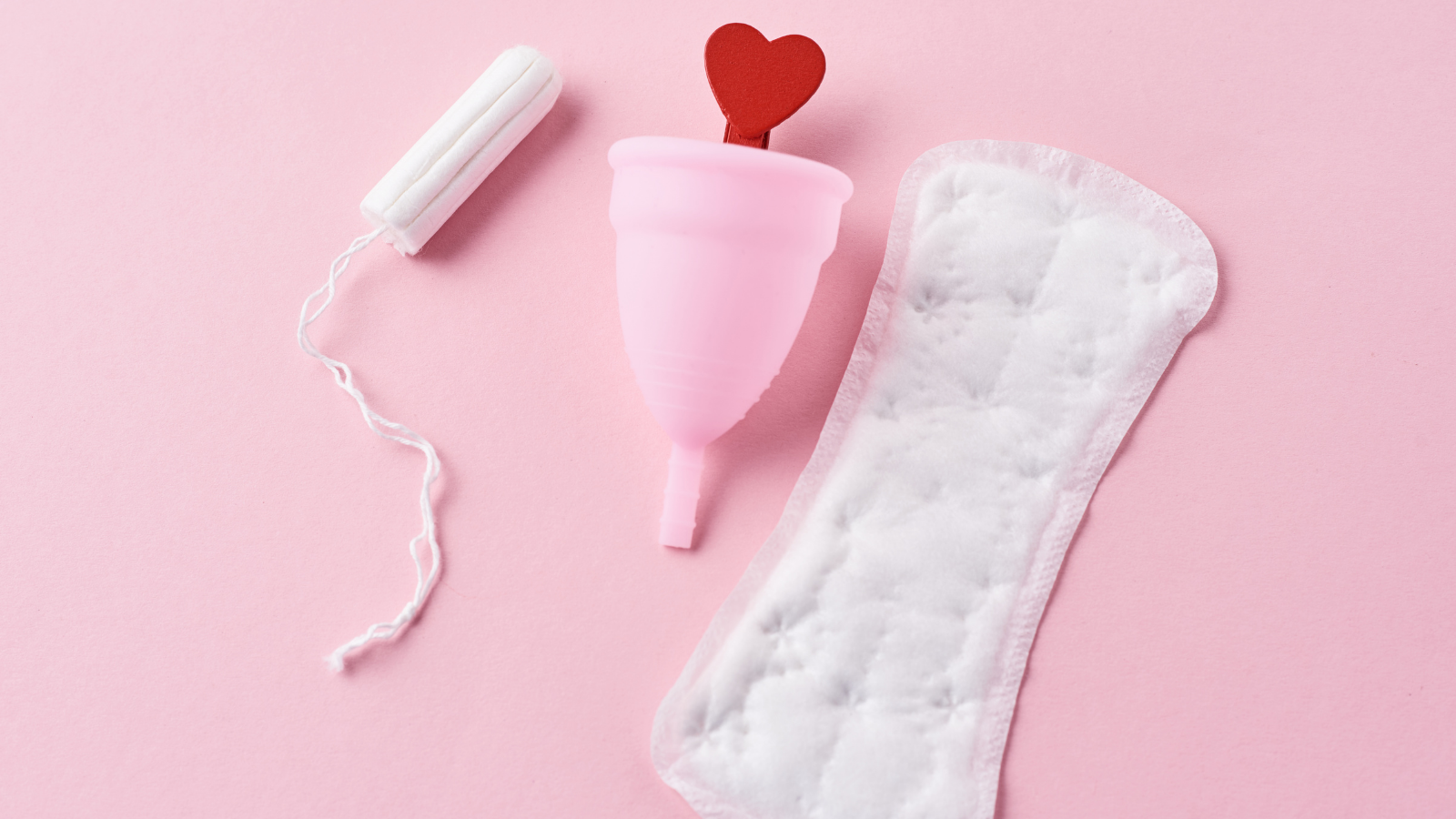
On May 14th, 2021, the Equal Futures Network hosted a 90 minute Incubator Session bringing organizations together to connect, discuss and share challenges on the impacts of menstrual health, hygiene and equity in Canada. The Equal Futures Network was joined by three menstrual health champions from the United Way’s Period Promise Campaign, All Cycles Edmonton and Moontime Sisters. A total of 51 participants attended the session and participated in the breakout rooms. Here is what we heard:
Populations in need of targeted support/programming
- 2S and LGTBQI populations
- Youth
- Indigenous communities
- Homeless and income insecure populations
Across Canada, menstrual inequity and period poverty are issues that affect over one third of Canadians, yet still remains an unrecognized social issue that deeply impacts the lived reality of many marginalized groups. For trans and non-binary individuals, menstrual rhetoric that uses gendered language reinforces social taboos and stigma which can make menstruation traumatic, harmful to mental health and cause gender dysphoria. For Indigenous, income scarce, homeless, remote/northern and incarcerated communities, the cost of menstrual products makes them inaccessible for many and this inaccessibility is compounded by a lack of food security and access to clean water. Menstrual inequality is an intersectional issue that is impacted by gender, health and economic inequities and deeply impacts the lived realities of many marginalized groups.
Critical Gaps and Key Challenges:
- Funding
- The need for sustainable funding to support current financial, programmatic and menstrual resources across Canada.
- Periods are cyclical and as a result there is a need for a continuous donation cycle (financial and/or in-kind products) in order to keep up with monthly demand. This is resource heavy for small organizations and largely unsustainable.
- COVID-19 is increasing demand to an all time high. At this point, demand is outweighing supply and it is difficult for organizations to scale up their operations to meet this increase in demand.
- Destigmatizing Menstruation
- Organizations need to update their language and programming to be gender inclusive. As a sector, there is a need to push forward a narrative that does not equate menstruation to an inherently binary gendered experience.
- Real harm comes from using gendered language to talk about menstruation. Trans and non-binary individuals have additional pressures related to mental health, which makes their inclusion in discussion about menstrual health even more important for their safety and well-being.
- It is sometimes difficult to shift language, especially when an organization is small, when an organization doesn’t know where to start, and/or the organization’s brand and identity is gendered.
- Data and Research:
- There is a need for evidence which demonstrates the impact that free menstrual products in schools has on the health and wellbeing of youth. Publicly accessible research needs to be undertaken in order to advance menstrual equity at municipal, provincial, territorial and federal levels across the country.
Key Ways to Advance Menstrual Equity
- Partnerships
- Partnerships are key to moving the menstrual movement forward. Creating diverse partnerships within the sector can support sustainable organizational growth as well as programming and service delivery.
- Education
- Education is powerful. There is a need for educational programming in addition to service delivery. Education is the best way to address biases, decrease the use of gendered language and raise awareness about menstrual inequities in Canada.
- Policy
- There is a need to push for real, substantive change through policy and legislative reform. This can be done by working with decision-makers, partnering with grassroots organizations and community members to see how change can be implemented in communities across Canada.
Where do we go from here?
Menstrual equity is a critical component of advancing gender equality for everyone locally and globally. In order to move the menstrual hygiene movement forward there is a need to:
- Mobilize National Support
- In 2015 there was a change to the tax law on menstrual products. However in the past few years, a sense of urgency has been lacking to advance the work being done to improve menstrual health across Canada.
- To amplify the work of organizations active in menstrual health, organizations could be better heard by identifying champions amongst decision makers at various levels and by coming together to create an awareness campaign about menstrual inequities in Canada.
- Get involved with Community-led Partnerships to Push for Action
- Menstrual equity movements need to be intersectional and informed by people with lived experience. These movements should be co-created with community members who are most affected by period poverty and menstrual inequalities.
- Listen to the Youth!
- Youth are the life-blood of the menstrual hygiene movement. They are infusing energy, passion, and fresh perspectives. They play an important role in advancing the conversation on menstrual equity. Youth-led initiatives are successful because they are able to speak to their target audiences with a different level of understanding, especially working to advance the movement within education systems.
- Learning from Innovations at the Global Level
- Menstrual equity is not just a local conversation. At the global level, good menstrual hygiene management (MHM) plays a fundamental role in enabling women, girls and gender diverse people to reach their full potential. Challenges that are seen domestically, like lack of access to sanitary products, stigma and taboo and inadequate sanitation infrastructure are present all over the world. Given the multiple challenges faced by menstruators, it is more important now than ever before to connect local and global movements, share innovative ideas and learn from each other so that menstrual equity can be advanced everywhere! For more information about global MHM work check out the CanWaCH Summary document from their Mobilizing for Menstrual Hygiene Day: A CanWaCH Roundtable.
Additional Resources
- United Way’s Period Promise Research Project: https://www.periodpromise.ca/pages/research
- Addressing period poverty in the North: https://www.cbc.ca/news/canada/north/blake-lepine-artist-period-poverty-1.5848342
- Macleans – The Crusade for Menstrual Equity: https://www.macleans.ca/culture/the-crusade-for-menstrual-equity/
- The Canadian Partnership for Women and Children’s Health (CanWaCH) Mobilizing for Menstrual Hygiene Day: A CanWaCH Roundtable Summary: https://canwach.ca/learning/what-we-heard-mobilizing-for-menstrual-hygiene-day-a-canwach-roundtable/
- The World Bank – Menstrual Hygiene Management: https://www.worldbank.org/en/news/feature/2018/05/25/menstrual-hygiene-management
- Change.org – Menstrual Equity Now
- Changing the Flow – Report: Menstruation in Waterloo Region: Insight Into Experiences, Attitudes, and Advancements
Menstrual Hygiene Day Events
Check out the Equal Futures Network’s Event Calendar for events in the lead up to Menstrual Hygiene Day on May 28!
The Equal Futures Network acknowledges that Indigenous people are the traditional guardians of Turtle Island, on the land also known as Canada






